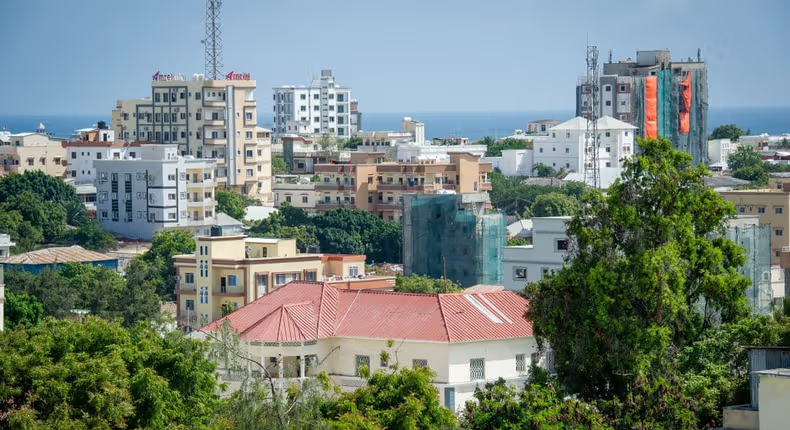Many African countries had indigenous languages before colonization imposed the languages of the colonial powers, typically English, French, or Portuguese. After gaining independence, some of these countries reverted to their native languages as part of reclaiming their identity. Here are some notable examples:
1. Tanzania
Colonial Language: English
After independence in 1961, Tanzania adopted Swahili as the national language, as it was more widely spoken among the population than English. Today, there are a total of 126 languages spoken in Tanzania, but only two are institutional: English and Swahili.
2. Somalia
Colonial Languages: Italian and English
Following independence in 1960, Somalia replaced both Italian and English with Somali as the national language. Somali was standardized and introduced as the language of education and governance. Today, Somali and Arabic are the most popular languages in the country.
3. Rwanda
Colonial Language: French
Rwanda made a significant shift in 2008 by transitioning from French to English as one of its official languages. The national language remains Kinyarwanda, which is spoken by most Rwandans. Currently, Rwandans recognize three major languages: Kinyarwanda, French, and English.
4. Madagascar
Colonial Language: French
Madagascar was a French colony, and after gaining independence in 1960, Malagasy was established as the national language. However, French continues to be widely used in government, education, and law.
5. Zimbabwe
Colonial Language: English
After independence in 1980, Zimbabwe recognized Shona and Ndebele as official languages alongside English. Today, Zimbabwe recognizes a total of 16 official languages, including several indigenous ones.
An important part of culture is language; it’s commendable when countries leave their colonial past behind and embrace their own languages. This not only preserves cultural heritage but also fosters a sense of national identity.

